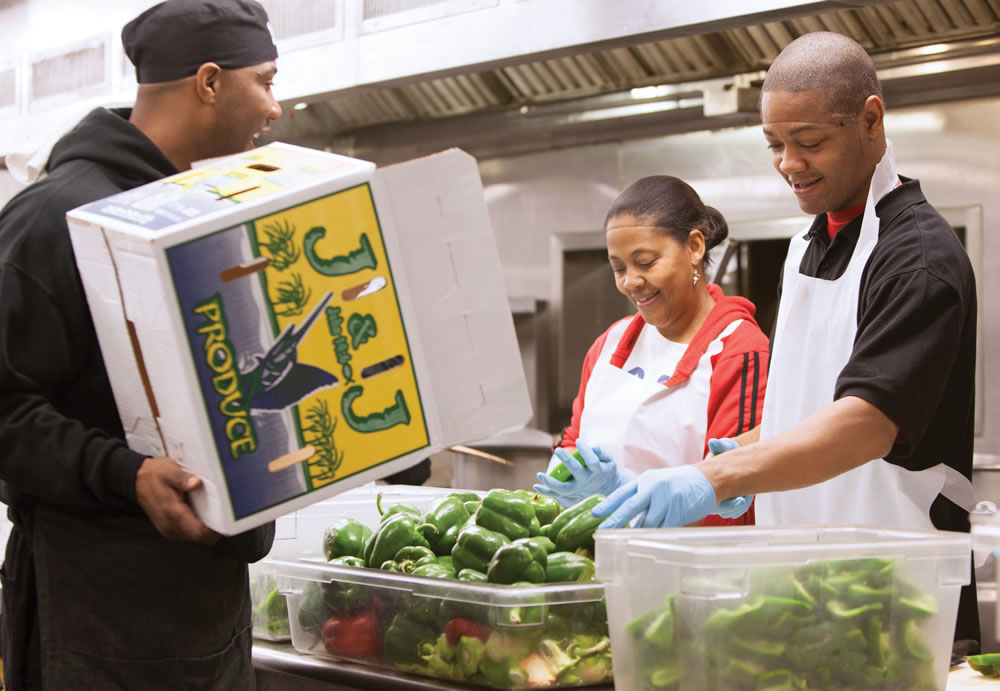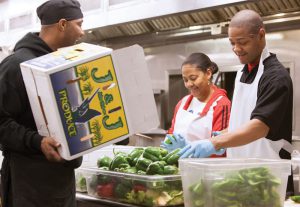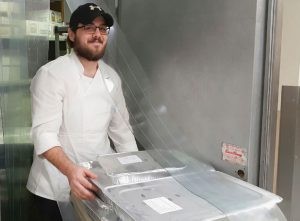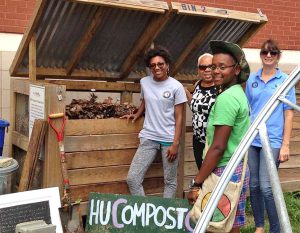Does Your Solution Have Significant Potential To Scale?
Nora Goldstein
BioCycle March/April 2017
A YEAR ago, ReFED: Rethink Food Waste released its groundbreaking report, “A Roadmap to Reduce Food Waste by 20 Percent” (Roadmap). Integral to the Roadmap are 27 solutions, categorized into Prevention, Recovery and Recycling. ReFED applied four screening criteria to identify the highest priority solutions for its report, including: “Is the solution limited to specific applications or niches, or does it have significant potential to scale?” The topic of “scaling solutions” will be the focus of a session on Wednesday, April 5 at BioCycle EAST COAST17, “Growing The Industry: Scaling Food Recovery, Recycling Solutions,” organized by ReFED and BioCycle.
The session is dedicated to exploring the unique role that innovators play in expanding the market for food waste solutions, as both developers of unique models and technologies that break the status quo, and as educators of investors whose capital is needed to scale and expand service offerings. Sarah Vared, ReFED’s Interim Executive Director and a principal at Mission Point Partners, an impact investment firm, will lead off the session, discussing the crucial role that innovators play. “It’s clear that food waste innovation is happening,” notes Vared. “On a weekly basis we’re seeing new models and technologies emerging, with innovators showing how their solutions to prevent, recover or recycle food waste can change the mindset for businesses and cities who are used to looking at food waste as either a disposal problem or simply an expected cost of doing business. Simultaneously, we’re seeing more and more interest from investors — including recent investments in companies like Apeel Sciences, Spoiler Alert and Barnana. Early investors clearly see the economic potential in investing in food waste solutions, but to scale investment in this sector we need to see more success cases, clear metrics to understand impact, and a willingness of businesses to pilot new products and solutions”
Nate Clark, Program Manager at ReFED, will introduce ReFED’s new Food Waste Innovator Database, to be formally launched this Spring. The Database is a living compilation of commercial and nonprofit entities turning the food waste problem into an opportunity for economic, social, and environmental impacts. Innovations are categorized within the Prevention, Recovery and Recycling hierarchy, and can be sorted by organizational status (for profit vs nonprofit), solution type and location. “The Food Waste Innovator Database enables ReFED to highlight trends, growth areas and gaps in food waste innovation, ultimately helping drive towards more efficient, scalable solutions,” explains Clark. “In addition, we intend to use the data to educate the investment community (both philanthropic and private) on the vast opportunities associated with food waste innovation to encourage increased funding in the sector.” Clark emphasizes that the new tool will complement other food waste-focused resources, including BioCycle’s FindAComposter.com, and will continue to adapt as ReFED observes how users interact with and utilize the information.














